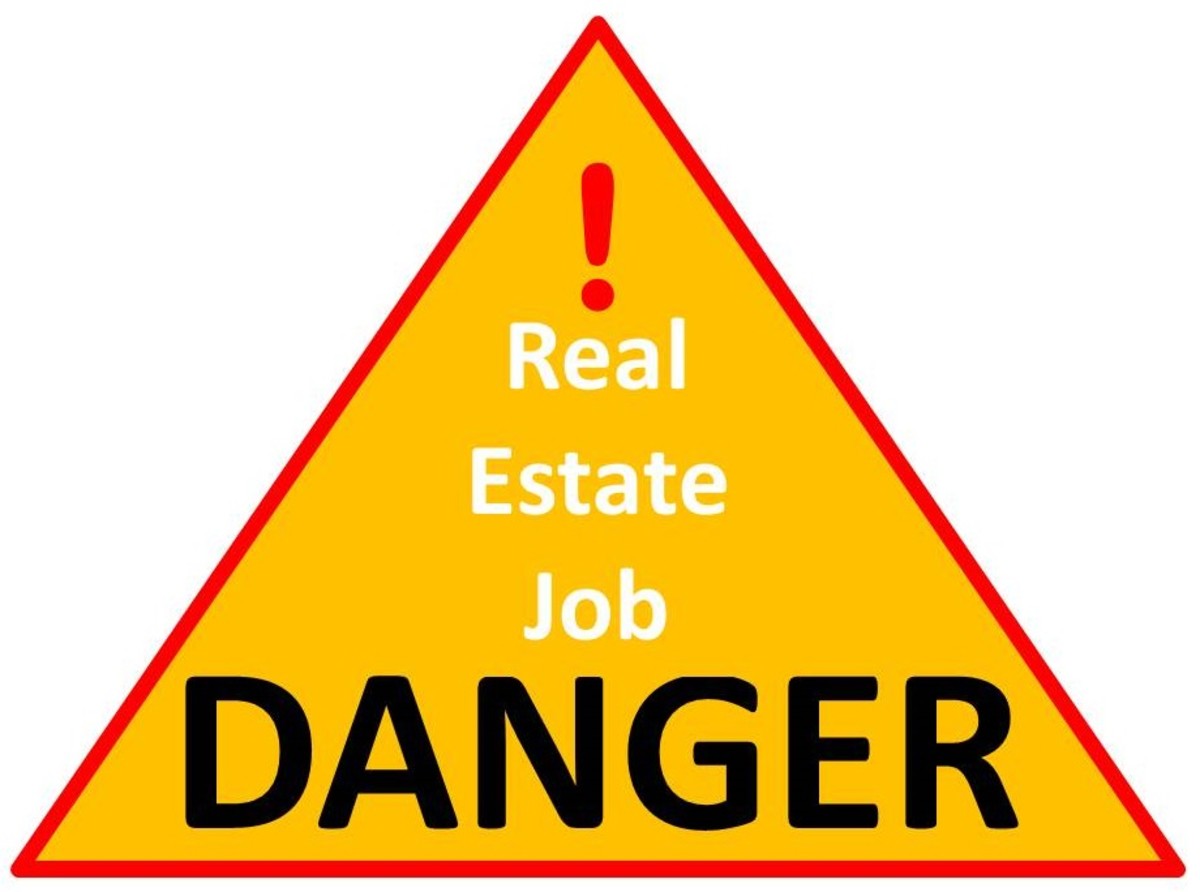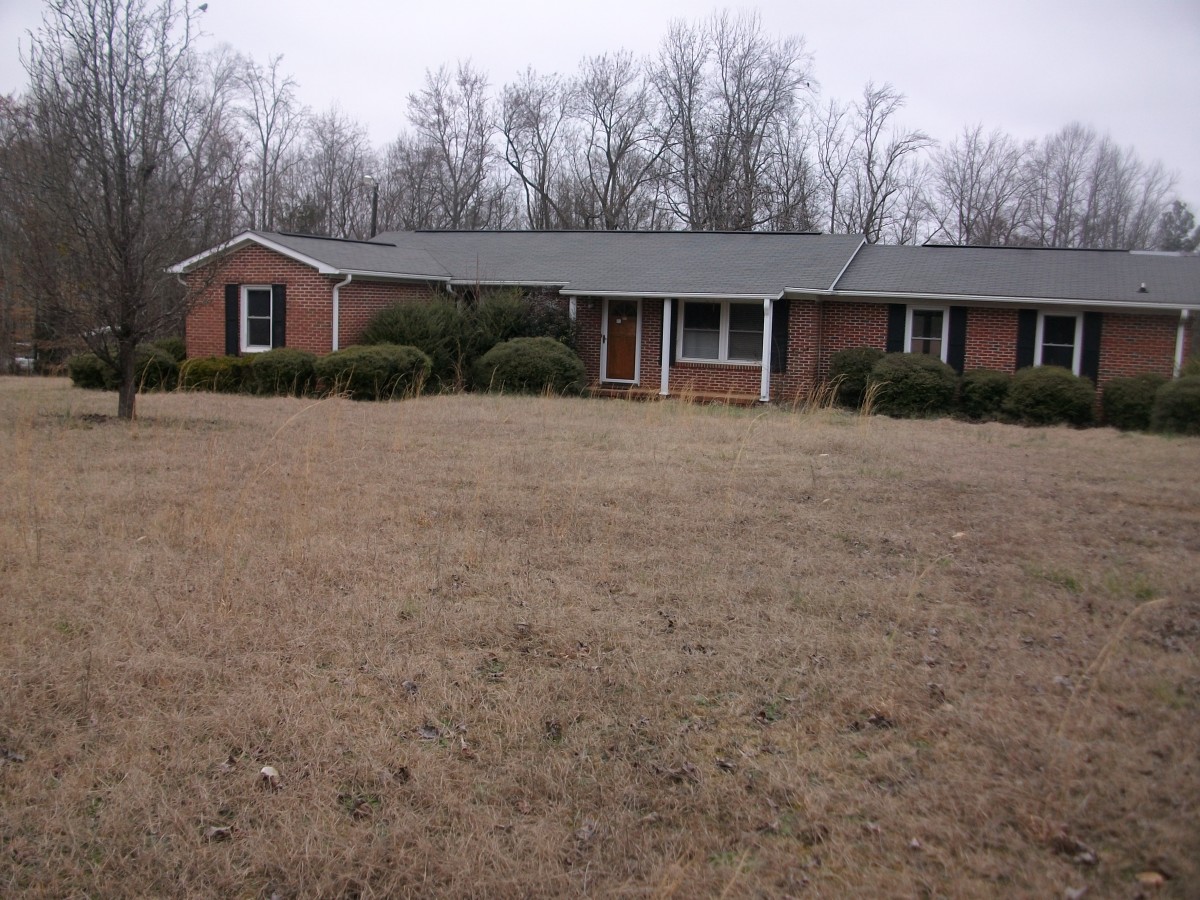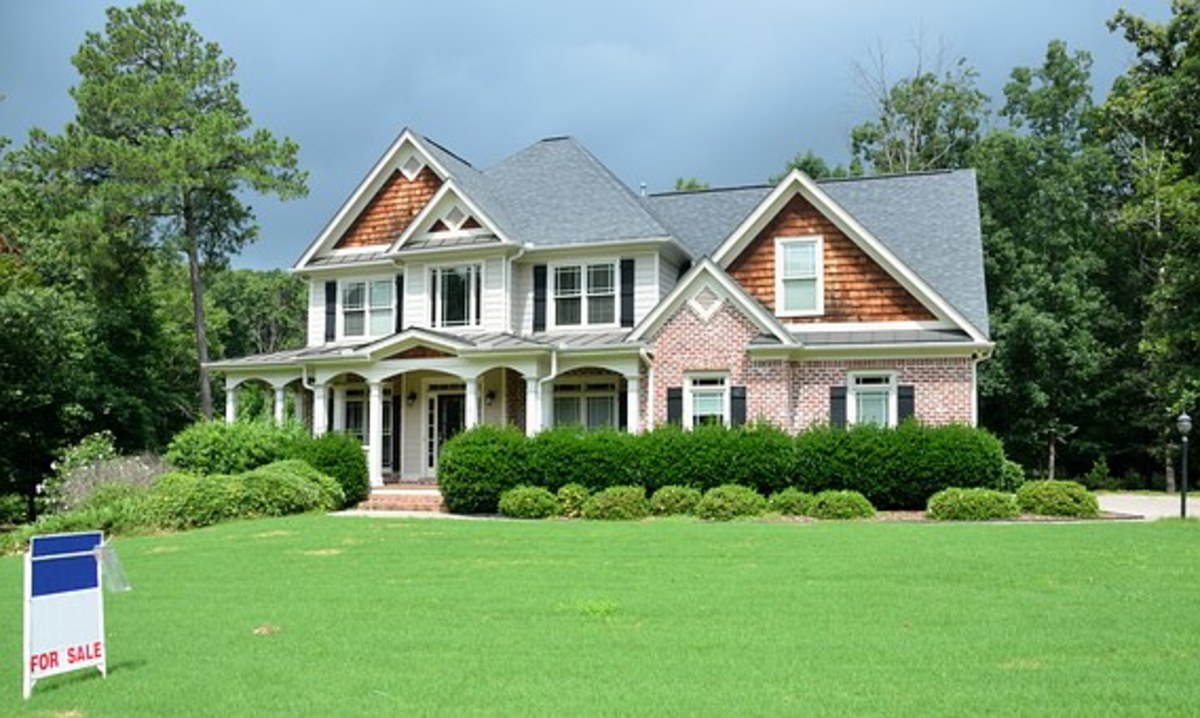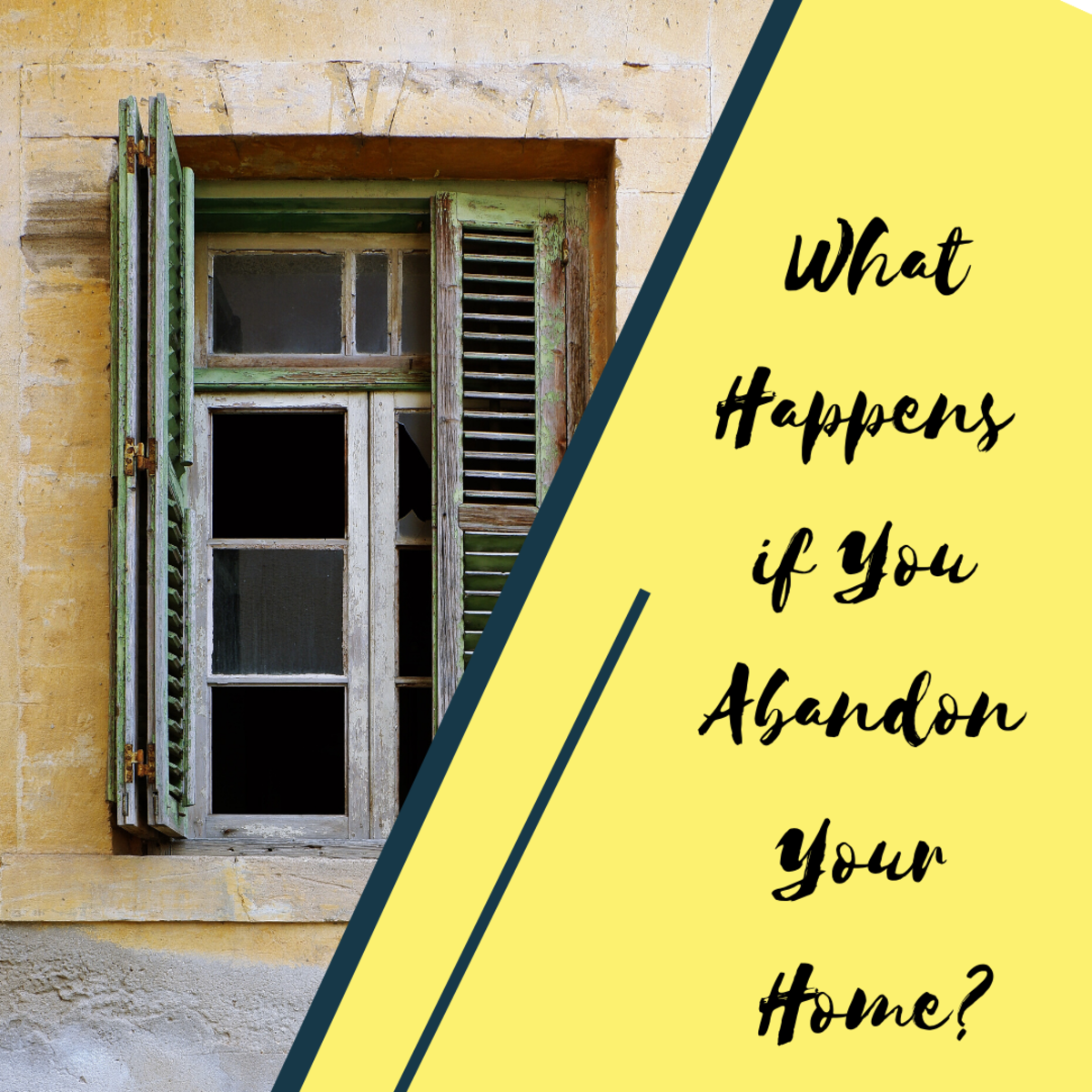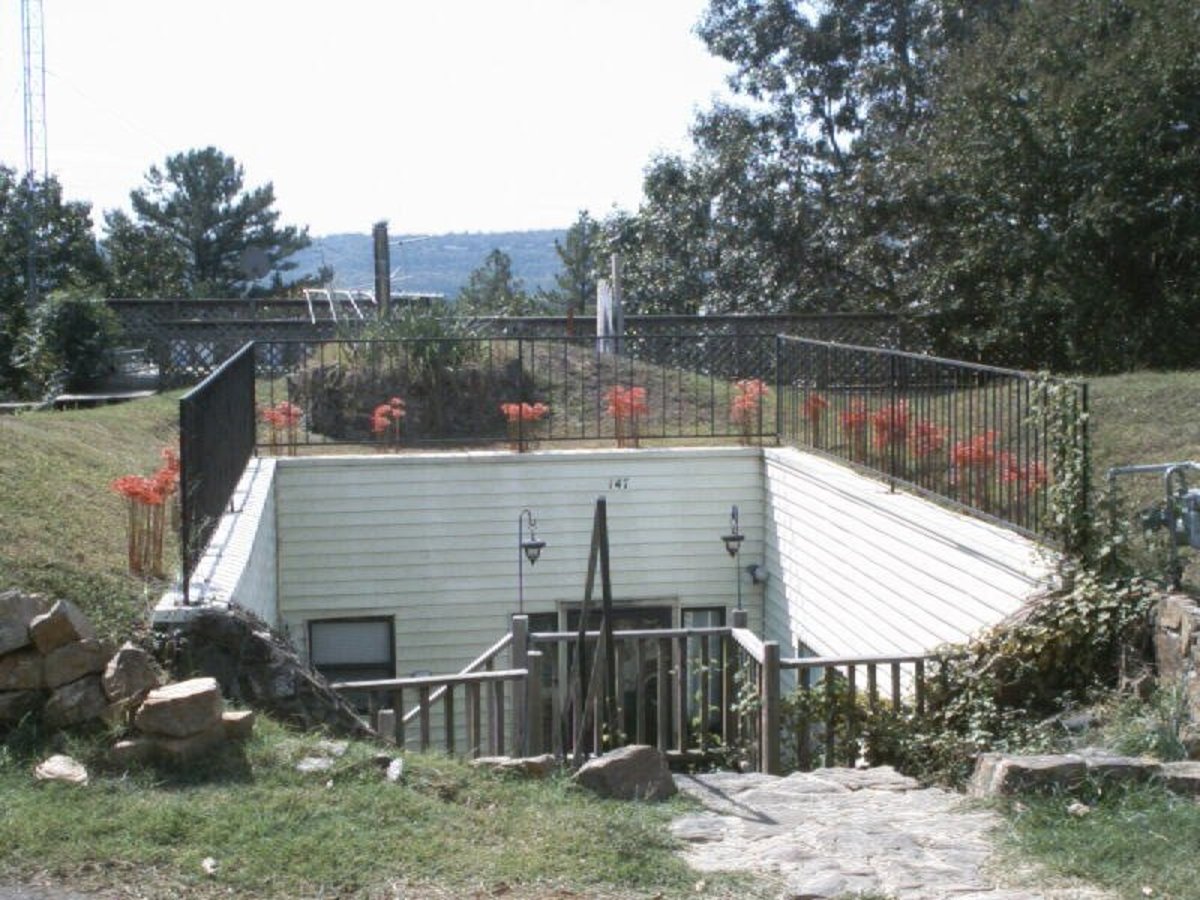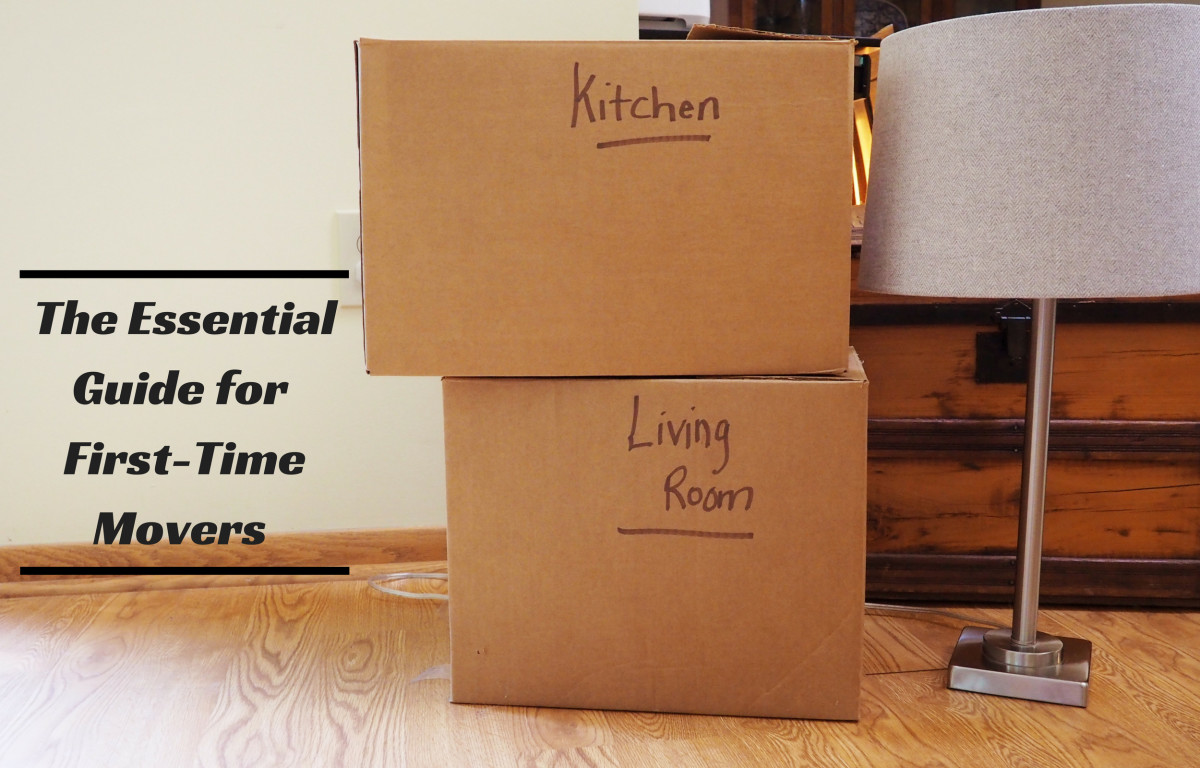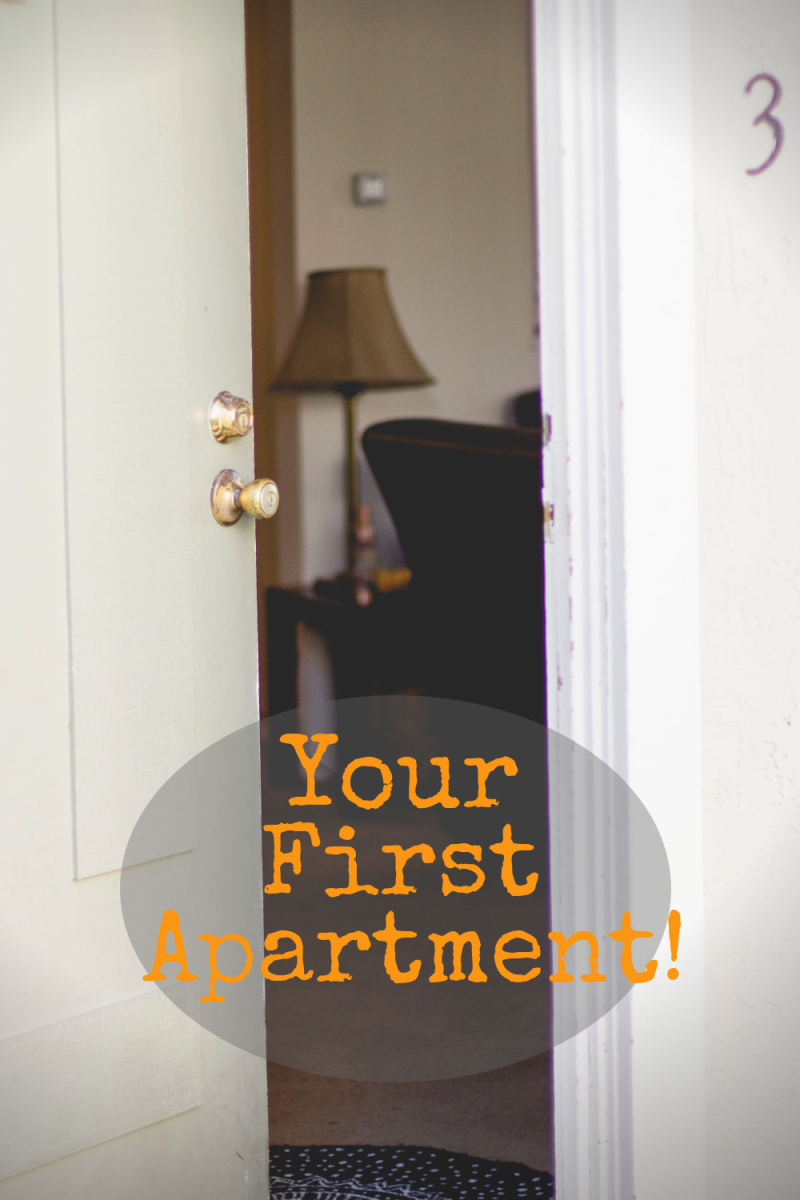What is an REO?
What Is An REO (Real Estate Owned)?
REO stands for Real Estate Owned and specifically refers to a bank owned property.
A property becomes an REO (bank owned property) after it has been foreclosed upon, but fails to sell at the local public auction (otherwise referred to as the real estate auction at the courthouse steps). Typically, the process of a home becoming an REO (bank owned property), goes like this:
Once the owner(s) fail to meet the terms and conditions of their mortgage obligation the home is foreclosed upon by the bank and then goes to the courthouse steps to be auctioned off in an attempt to settle the owner's mortgage obligation through the sale of the property (typically to an investor). If the property doesn't sell at the courthouse steps, it then reverts back to the ownership of the bank.
Again, when a house reverts back to the bank in this manner, it is coined as an REO property.
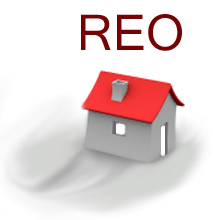
Buy, Rehab, Rent, Refinance, Repeat: The BRRRR Rental Property Investment Strategy Made Simple By David Greene With BiggerPockets
Buying an REO
- How can I buy an REO? -- As you'd expect with any real estate transaction, you typically work through an REO agent (real estate agent who specializes in selling REO listings) who represents the bank in the sale of the REO property.
- Are REO properties good deals? -- As with any piece of real estate, you have to do your due diligence in determining current market value of the property, estimate future value of the property, and then determine the type of condition the property is in. Just because a home has reverted to being an REO (bank owned property), it doesn't guarantee that it is a good deal!
- What's it like negotiating an REO property with the bank? -- Dealing with the bank when buying an REO property varies. Each bank has their own process and typically has different asset managers managing their REO listings. Sometimes, the banks seem to give their REO homes away, the negotiations are easy, and extremely rewarding. Other times, it can be difficult to get the bank to lower the price of an REO listing by $2k, on a $200k price tag. As with any real estate deal, countless variables ultimately dictate your experience in buying an REO property.
- Who buys REO properties? -- Typically, real estate investors buy a large segment of REO properties because many REO homes need to have repairs made to be considered in suitable condition to obtain a new mortgage loan. The bank realizes that this is a limiting factor in terms of who they can sell their REO home to. As a result, the bank often discounts the REO listing to account for the repairs that need to be made and an investor who has cash, looking for a good deal, will then negotiate with the bank to make the purchase.
- Are all REO properties in bad condition? -- Absolutely not! In fact, due to the housing bubble that started to burst in some areas as early as 2005, many owners have lost their homes since their mortgage loans have reset to higher interest rates that have resulted in a mortgage payment that they can't afford. Many of these homes were purchased new or completely renovated, requiring little or no work. As a result, you don't have to consider yourself a real estate investor to buy an REO home. Even though you're often at a disadvantage buying an REO property with a conventional loan, it may also work to your benefit. You can afford to buy an REO home at a higher price than what would be considered acceptable by a real estate investor, since you're looking to buy and live in the home for years to come whereas the investor is looking for short term gain by flipping the REO home.
Learn More About Buying an REO Property
- Has the Housing Market Hit Bottom?
As one would expect, the question, "Has the housing market hit bottom?", comes up quite often these days. And, I might add, for good reason since ongoing declining housing prices have created extremely ... - Hard Money Lender Basics
A hard money lender provides a loan to a borrower based on the collateral value of the borrower's real property. Generally speaking, developers building homes and investors rehabbing homes and flipping houses... - The House Flip - Flipping Houses for Profit
The house flip! Flipping houses for profit constantly allures those looking to make big money in a short period of time through real estate investing. Is it realistic to believe that you can start flipping... - What is a Deed in Lieu of Foreclosure?
A Deed in Lieu of Foreclosure occurs when a homeowner, with agreement from the lender, voluntarily gives up all rights to their property and hands the keys to their home back to the lender. Typically, a Deed... - What is a Foreclosure?
A home foreclosure is the legal process by which a home is taken back from the owner of a property by the lender when the mortgage loan terms and conditions set forth by the lender are not met and adhered to... - What is an HOA?
An HOA is an abbreviated real estate term that stands for Homeowners Association. Typically, newer single-family neighborhoods, townhouse, and condominium developments are governed by an HOA to enforce the...
This content reflects the personal opinions of the author. It is accurate and true to the best of the author’s knowledge and should not be substituted for impartial fact or advice in legal, political, or personal matters.
© 2011 Roger Billeci


